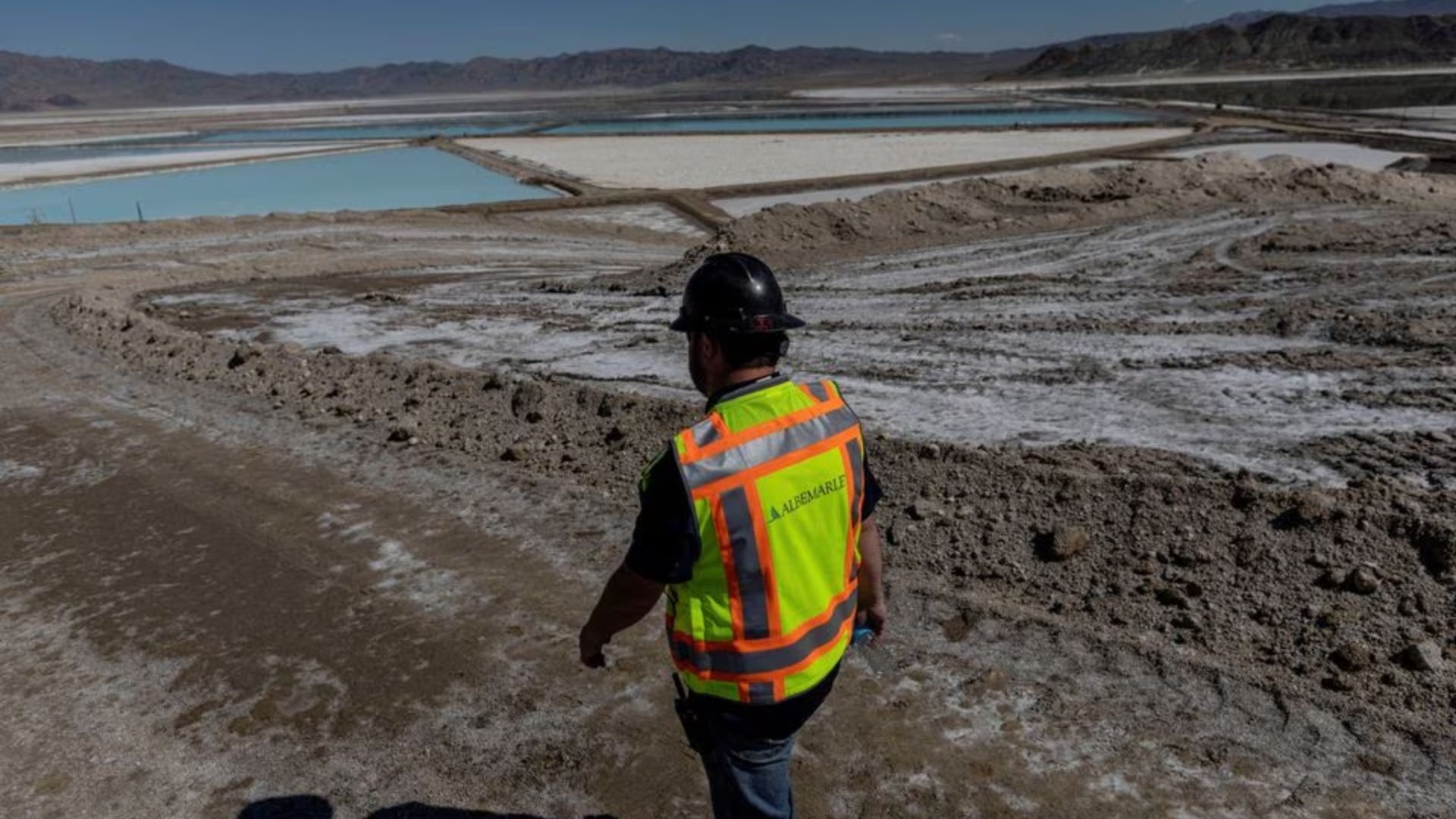WASHINGTON, (Reuters) – The U.S. Energy Department said Friday it plans to award $3 billion to 25 battery manufacturing sector projects in 14 states as the Biden administration works to shift the supply chain away from China.
The projects will increase domestic production of advanced batteries and battery materials and follows the adoption of U.S. EV tax credit rules to shift battery production and critical minerals away from China.
The awards fund battery-grade processed critical minerals, components, battery manufacturing, and recycling, and will generate $16 billion in total investment for the projects and support 12,000 production and construction jobs, the department said.
“Mineral security is essential for climate security,” said White House climate adviser Ali Zaidi. “This sets us up to lead on the next generation of battery technologies – from solid state to other new chemistries.”
Albemarle is set to receive $67 million for a project in North Carolina to produce commercial quantities of anode material for next-generation lithium-ion batteries, while Honeywell is set to receive $126.6 million to build a commercial-scale facility in Louisiana to produce a key electrolyte salt needed for lithium batteries.
DOE plans to award Dow $100 million to produce battery-grade carbonate solvents for lithium-ion battery electrolytes, while Clarios Circular Solutions, which is partnering with SK ON and Cosmo Chemical, is set to receive $150 million for a project in South Carolina to recycle lithium-ion battery production scrap materials from SK ON, the battery unit of SK Innovation.
Revex Technologies, a partnership co-founded by Lundin Mining, is set to receive $145 million for three Michigan facilities to turn waste from the only operating U.S. primary nickel mine to yield domestic nickel production for at least 462,000 EV batteries yearly.
DOE plans to award $166 million to South32 Hermosa in Patagonia, Arizona for the mining of high purity manganese sulfate monohydrate (HPMSM) for electric vehicle battery chemistries. Currently over 96% of HPMSM is made in China.
DOE also plans to award $166.1 million for another HPMSM project in Louisiana for Element 25 from manganese ore sourced from an Element 25 mine in Western Australia.
Group14 Technologies is to receive $200 million to develop a U.S.-based silane manufacturing plant in Moses Lake, Washington. The largest source of silane today is China, a material needed for silicon batteries.
Birla Carbon is set to receive $150 million for next-generation synthetic graphite that will not use material from China.
DOE previously awarded $1.82 billion to 14 projects. DOE said the projects selected must complete negotiations and an environmental review before they are awarded.
Reporting by David Shepardson; Editing by Stephen Coates











